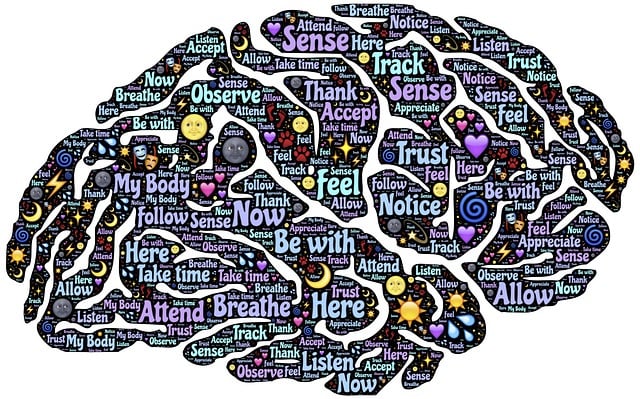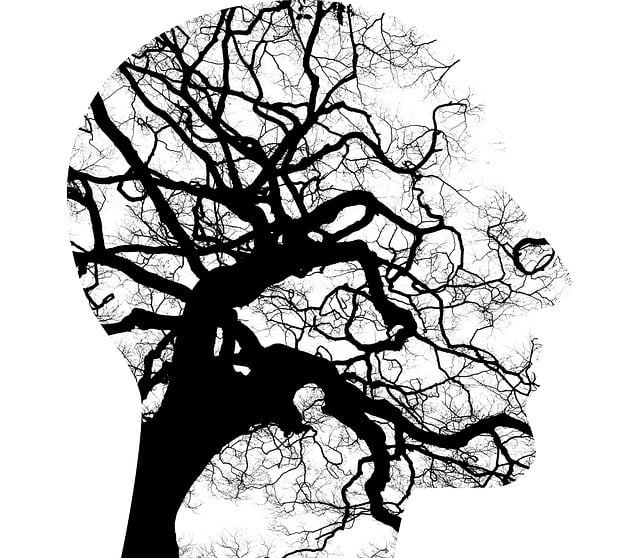Recognizing the growing concern of drug and substance abuse in children, early intervention through mental health education and specialized therapy is vital. By implementing programs focused on stress management, positive thinking, and open conversations about mental wellness, children can build emotional resilience. Play therapy, tailored individual/group sessions, mindfulness training, and conflict resolution techniques equip young individuals with tools to manage adversity, preventing long-term mental health challenges and fostering growth into empathetic, resilient adults.
Mental wellness is a cornerstone of healthy development, especially for young children. This article explores crucial aspects of fostering resilience and coping strategies in early life. We delve into the recognition of mental health issues in children, focusing on the early signs of drug and substance abuse. Additionally, it provides an in-depth look at effective therapy options tailored for young minds, offering a comprehensive approach to addressing these challenges. By understanding these key elements, parents, caregivers, and professionals can ensure a healthier, more vibrant future for our youngest members.
- Recognizing the Importance of Mental Wellness in Young Children
- Addressing Drug and Substance Abuse: Early Intervention Strategies
- Therapy Options for Young Children: A Comprehensive Approach
Recognizing the Importance of Mental Wellness in Young Children

Recognizing the importance of mental wellness in young children is paramount for their overall development. Early childhood is a crucial period where foundational emotional and psychological strengths are built, shaping their future mental health landscape. Unfortunately, drug abuse and substance abuse among children have been rising, highlighting the need for proactive interventions. Therapy for young children plays a pivotal role in addressing these issues and fostering resilience building.
By implementing effective stress reduction methods and empathy building strategies, we can equip children with the tools to navigate life’s challenges. Nurturing mental wellness early on is an investment in their future well-being, ensuring they grow into empathetic, resilient adults capable of managing stress and adversity.
Addressing Drug and Substance Abuse: Early Intervention Strategies

Addressing Drug and Substance Abuse early is crucial for promoting mental wellness, especially among young children. Recognizing the signs and symptoms of potential issues is the first step; this can involve observing changes in behavior, mood swings, or sudden disinterest in activities they once enjoyed. Early intervention strategies such as therapy for young children can prove invaluable in preventing what could escalate into severe substance abuse problems later in life.
Implementing comprehensive Mental Health Education Programs Design that focus on promoting positive thinking and confidence boosting techniques can play a significant role. Equipping children with the knowledge to recognize triggers, cope with stress, and make informed decisions about their well-being can be life-changing. These programs should be designed with age-appropriate activities and discussions, fostering an environment where open conversations about mental health are normalized.
Therapy Options for Young Children: A Comprehensive Approach

Young children’s mental wellness is a critical area that deserves specialized attention. When it comes to therapy, a comprehensive approach is essential to address the unique needs of this demographic. One effective strategy is integrating play therapy, which allows young clients to express themselves through play and games, making the therapeutic process more engaging and accessible. This method can be particularly beneficial for children experiencing trauma, anxiety, or behavioral issues. By utilizing toys, art, and imaginative scenarios, therapists can help them work through emotions, develop coping skills, and enhance their self-awareness.
Additionally, early intervention programs targeting drug abuse and substance abuse among youth are vital to preventing long-term mental health challenges. These programs often involve individual and group therapy sessions tailored to the child’s age and developmental stage. Incorporating Burnout Prevention techniques, such as teaching mindfulness and stress management skills, can help young individuals maintain resilience and emotional balance. Self-Awareness Exercises and Conflict Resolution Techniques are also valuable tools to empower children with the ability to communicate their needs effectively and resolve interpersonal conflicts healthily, fostering a positive mental wellness environment both at home and in school settings.
Promoting mental wellness in young children is an essential investment in their future. By recognizing the importance of early intervention, we can effectively address drug and substance abuse through tailored strategies. Additionally, providing access to a comprehensive range of therapy options ensures that every child receives the support they need to thrive. Through these efforts, we can foster healthier, happier, and more resilient young individuals, setting them on a path towards successful adulthood.









